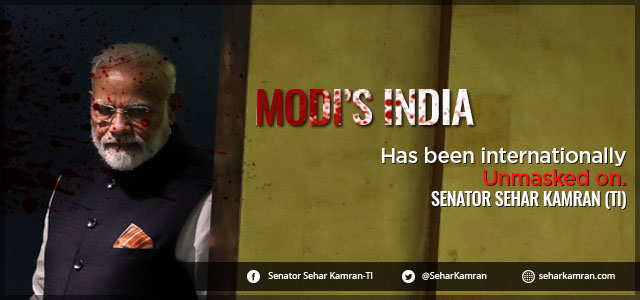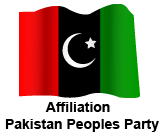 “Violence, both public and private, remained an all too pervasive part of Indian life. Expressing hostility towards Pakistan was still the quickest route to national unity,”
“Violence, both public and private, remained an all too pervasive part of Indian life. Expressing hostility towards Pakistan was still the quickest route to national unity,”
Barack Obama, A Promised Land
In the last decade, a wave of illiberalism has swept much of Europe, the Americas and Asia. This phenomenon has touched almost every part of the world, but India, parts of Eastern Europe and the United Kingdom as well as the US were the most noticeable manifestations of it. Today, India has become one of the biggest examples of an illiberal democracy and the rise of right-wing extremism– especially during Prime Minister Modi’s ascension to power. Narendra Modi’s policies reflective of the Hindutva ideology have made it clear that it is the hegemony of Hindus and the Hindu way of life that defines todays’ India.
The hallmark of the Modi regime since it came to power in 2014 has been its authoritarian, xenophobic, warmongering, and racially discriminatory policies.
Rampant Islamophobia in the form of passing legislations targeting Muslims specifically, revocation of Article 370 and inhumane treatment of Kashmiri Muslims at the hands of Indian forces, encouraging oppression against minorities, heightening border tensions with its neighbours just before national elections to divert attention from domestic issues, have been the highlight of the last six years of BJP rule.
In light of these existing ground realities, Barack Obama’s revelations in his new book ‘A Promised Land’ come as no surprise. Anyone with an iota of knowledge about the geo-politics of this region was already aware about the grim realities of India’s new sociopolitical landscape.
The book highlights a number of issues, especially the divisions based on social caste and religion in India and how India’s recent Citizen Amendment Act (CAA) targets Muslims based solely on the basis of religion.
In today’s India, the killer of Gandhi is celebrated, but Gandhi is vilified by the ruling BJP and its allies, the book says. It speaks volumes on how Hindu extremism is escalating in what was understood to be a secular republic of India.
The facts in Obama’s book emphasizing the dangers of growing extremism in India also corroborates with the United States Commission on International Religious Freedom (USCIRF) report released this year.
The 27-page chapter on India is a scathing indictment of the sharp decline in religious freedom in India. USCIRF noted that the ruling BJP under PM Modi “allowed violence against minorities and their houses of worship to continue with impunity, and also engaged in and tolerated hate speech and incitement to violence.”
It also spoke about how vigilante groups have been given free rein and authorities “often protected perpetrators from prosecution and filed charges against victims.”
The international community, especially the UN, must keep an eye on the hawkish mindset of the current ruling Indian regime, and their efforts to systematically dehumanize a religious group– as well as their attempts to deliberately destabilize regional stability to gain electoral wins.
Sehar Kamran
The USCIRF in April 2020 for the first time since 2004, called for India to be designated as a Country of Particular Concern (CPC) for “engaging in and tolerating systematic, ongoing, and egregious religious freedom violations”. The federal body also recommended the imposition of “targeted sanctions” on Indian officials and agencies “responsible for severe violations of religious freedom in India.”
All this only goes to show that international bodies are now acknowledging how things have worsened in India for minorities– and that the facade of a secular India no longer stands.
Another significant aspect in President Obama’s book was the recognition that Indian politicians and officials use anti-Pakistan sentiment to unite Indians and win elections domestically.
This also means that the Indian ruling regime won’t hesitate to start a conflict in order to gain an electoral win. Again, it comes as no surprise as the world already saw a glimpse of exactly this in February 2019, when Modi almost brought the two nuclear armed rivals to the brink of war before national elections.
Pakistan has time and again pointed towards this dangerous trend followed by the Indian leadership over the years, because it can seriously hamper regional stability and push this already volatile region towards chaos and mutually assured destruction.
The international community, especially the UN, must keep an eye on the hawkish mindset of the current ruling Indian regime, and their efforts to systematically dehumanize a religious group– as well as their attempts to deliberately destabilize regional stability to gain electoral wins.
The dangers of this mindset in India must be checked before it causes irreversible damage and jeopardizes the lives of the more than 1.5 billion people living in the region.
A version of this article is posted on The Arabnews pk


